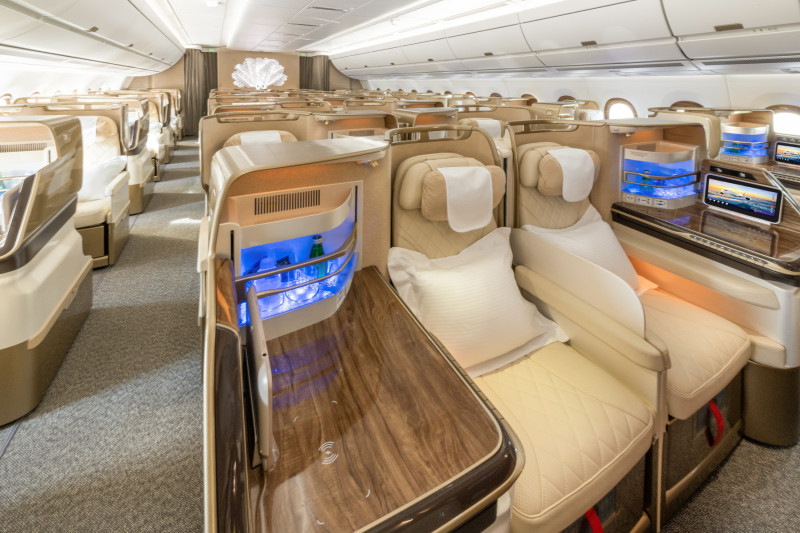.jpg)
Airbus is preparing to secure significant orders for its A350 wide-body aircraft at the Paris Air Show in June 2025, aiming to strengthen its market position amid growing competition with Boeing.
A key focus for Airbus is Riyadh Air, the new Saudi Arabian carrier planning to expand its long-haul fleet. The airline is expected to announce an order for up to 50 Airbus A350 aircraft during the show, complementing its existing Boeing 787 Dreamliner fleet.
This move highlights Riyadh Air’s emphasis on operational efficiency and reliability, favoring the A350 over Boeing’s delayed 777X.
Airbus is promoting the A350’s fuel efficiency, extended range, and enhanced passenger comfort to appeal to airlines targeting premium international routes in the Middle East.
The anticipated order will likely include a combination of firm commitments and options, giving Riyadh Air flexibility as it grows toward a fleet of more than 200 aircraft.
This deal will significantly enhance Airbus’s presence in the region, where demand for wide-body jets is rising due to expanding long-haul travel and Saudi Arabia’s growing tourism and business sectors.
In addition to the A350, Airbus is also focusing on growth in the single-aisle market with its A320neo family. These aircraft continue to attract airlines seeking modern, fuel-efficient narrow-body jets, especially as Boeing faces ongoing delays and quality control challenges with its 737 MAX line.
The competition between Airbus and Boeing has intensified in 2025. Boeing has gained ground in wide-body orders, driven in part by diplomatic efforts in the Middle East and renewed airline confidence. However, Boeing still faces low production rates and the challenge of rebuilding trust.
Airbus, although not restricted by government production caps, is dealing with supply chain constraints and assembly delays that affect aircraft output.
The company is focused on restoring order momentum and improving manufacturing efficiency. The Paris Air Show will be an important opportunity for Airbus to demonstrate its competitiveness in a changing market.
Despite some easing, supply chain disruptions are expected to continue through 2027 or 2028, making backlog management and converting airline interest into firm orders a top priority. Airbus aims to deliver 820 jets in 2025, a 7% increase over 2024, even as the A350 freighter variant experiences delays.
The Paris Air Show will allow Airbus to showcase technological advances such as the A350’s composite airframe and Rolls-Royce Trent XWB engines, which reduce fuel burn by 25% compared to older models.
Securing major orders like Riyadh Air’s will be crucial for Airbus to counter Boeing’s resurgence and maintain its growth trajectory in the global aviation market.
Further updates from the Paris Air Show 2025 will provide insights into the evolving aerospace industry landscape.



.jpg)

-302cd4-large-1748788146 (2).jpg)



-302cd4-large-1748788146 (2).jpg)












.jpg)
.jpg)
.jpg)


.jpg)
.jpg)

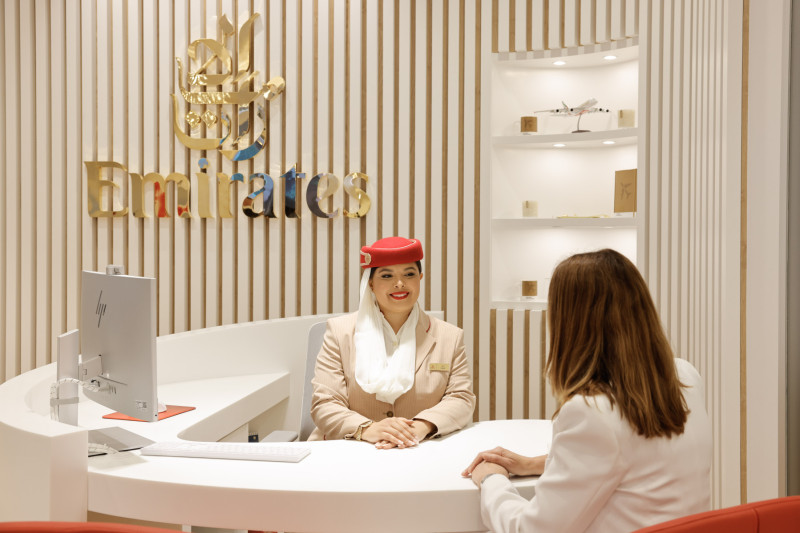
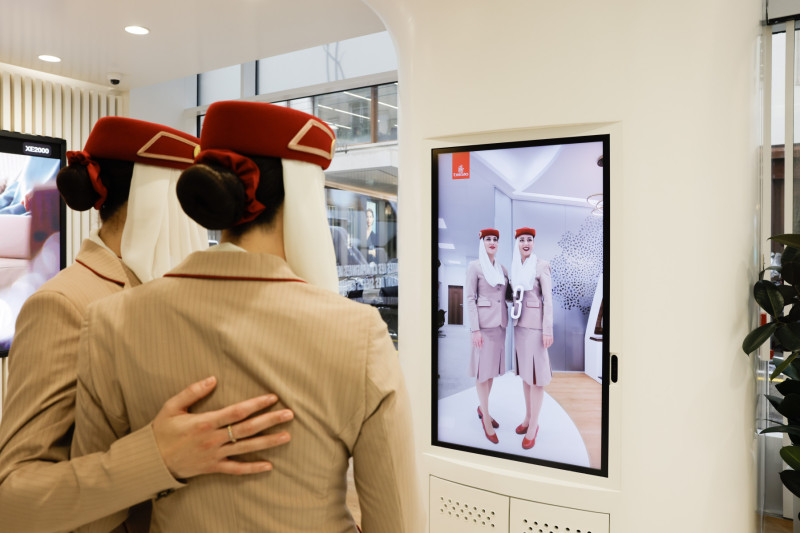
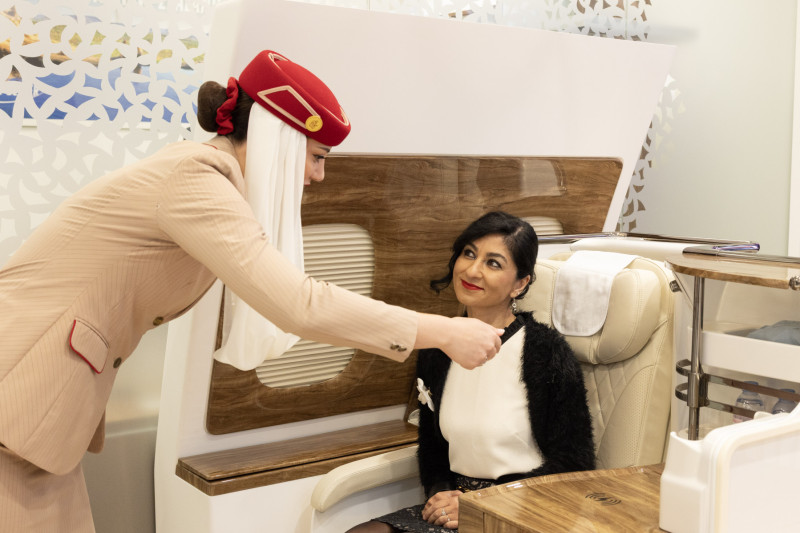
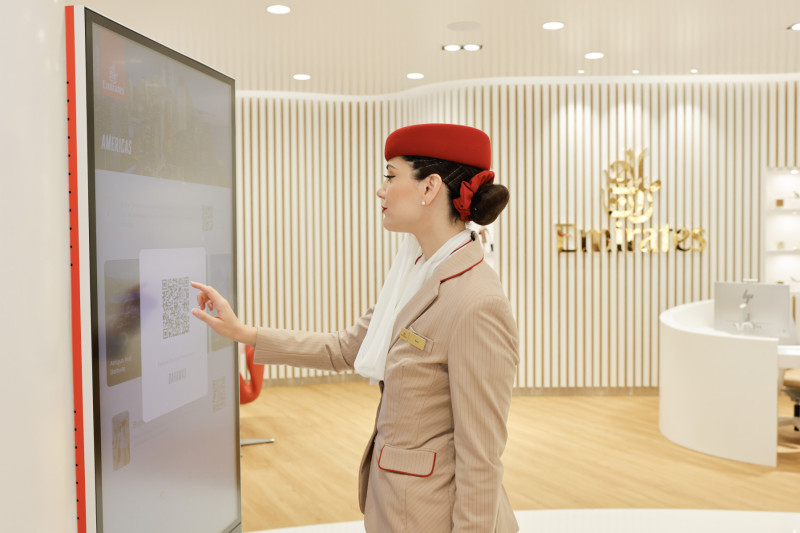
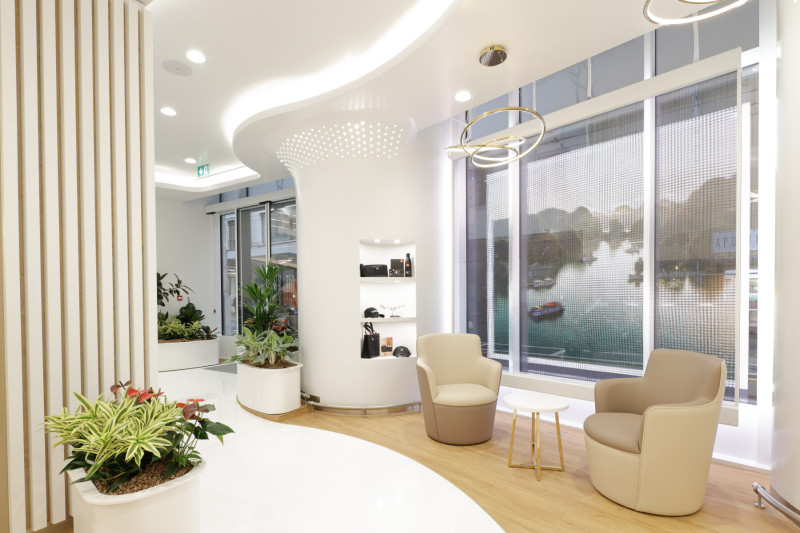





.jpg)


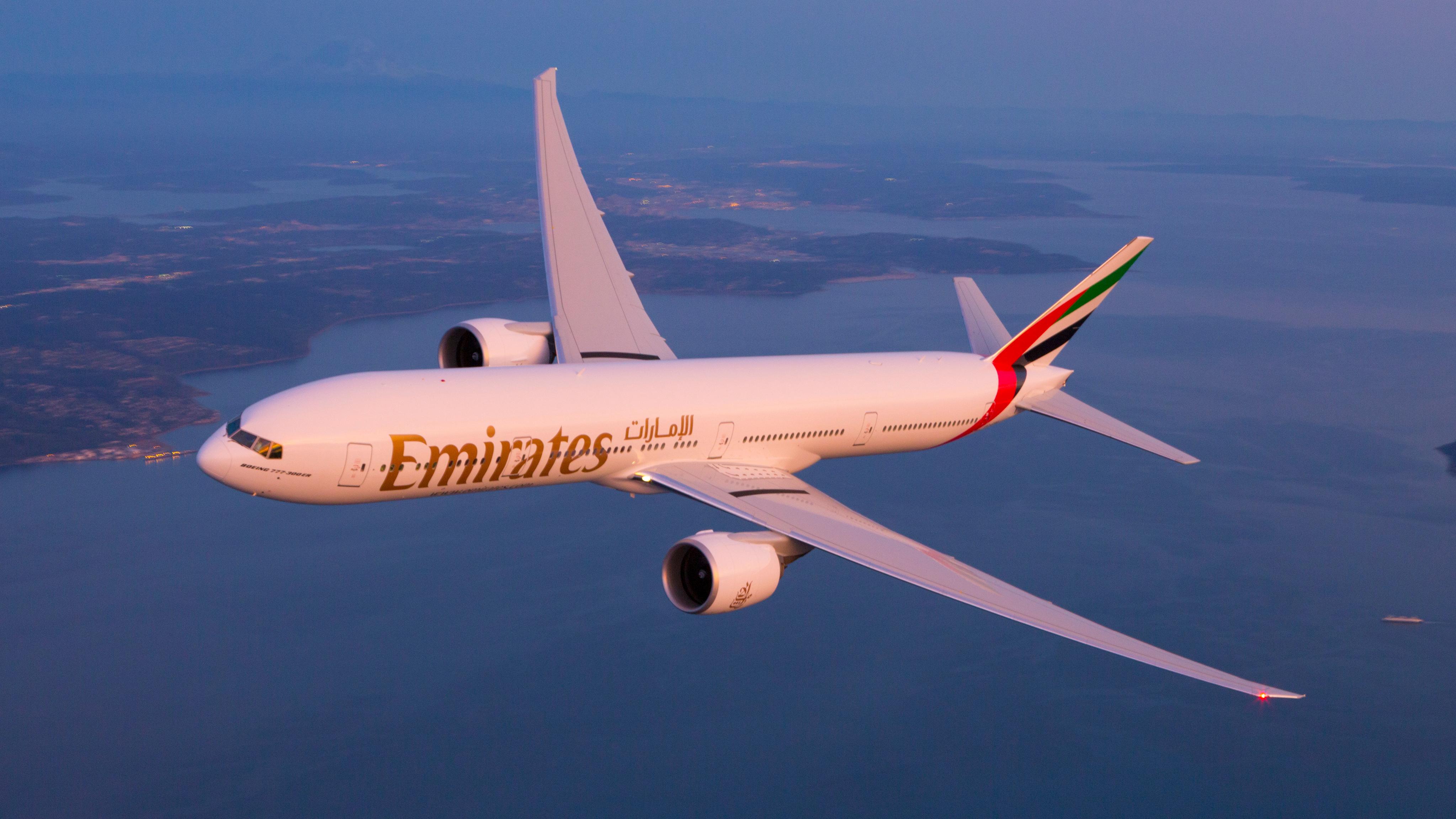
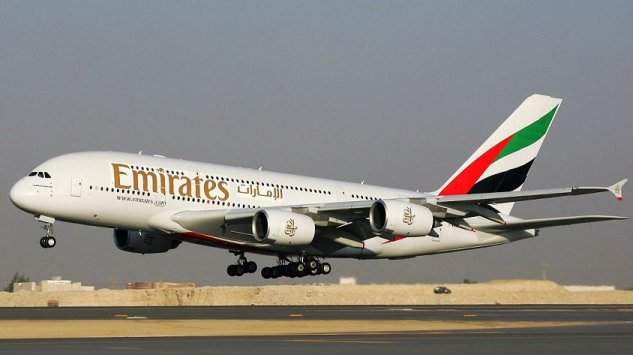








.jpg)
